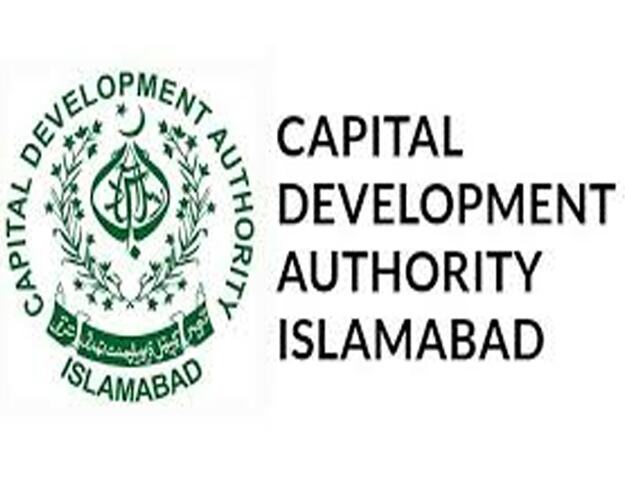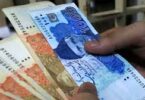ISLAMABAD (INP): The Federation of Pakistan Chambers of Commerce and Industry’s Businessmen Panel (BMP) has called for a growth-oriented Budget 2023-24 for the trade and industry, suggesting the government to make visible reduction in taxes, helping revive the businesses in the country, urging the government to hold thorough consultations with all stakeholders including the business community on the upcoming federal budget.
Former president FPCCI and Chairman Businessmen Panel (BMP) Mian Anjum Nisar said that the his group in consultation with business community across Pakistan has finalized its budget proposals, which have been sent to the relevant departments and called upon the government to incorporate them in the Federal Budget 2023-24 as their implementation would address the key issues of trade and industry, facilitate better growth of business activities, improve tax revenue of government and help in revival of economy.
He stressed the need for reforming and simplifying the taxation system in consultation with the real stakeholders.
Dilating upon the key features of proposals, he said that the impact of political uncertainty has badly affected business and industrial sector and stressed that government should bring down GST and policy interest rate in order to ease the difficulties of business community.
In a joint meeting of various trade and industrial sectors held to review the budget proposals for the upcoming fiscal year, Mian Anjum Nisar appreciated the government for its commitment of providing tax relief in the budget 2023-24, urging it that the major focus should be on greater relief to especially documented and registered SMEs rather than new taxation measures. Mian FPCCI former president said that BMP, in consultation with the FPCCI has finalized its budget proposals, also sent to the relevant departments, urging the authorities concerned to incorporate them in the Budget 2023-24, as their implementation would address the key issues of trade and industry.
The BMP chairman said that the Businessmen Panel has taken all trade and industry associations on board for preparation of proposals for the upcoming budget. He said that efforts were made to give government a set of suggestions for upcoming budget to make it business-friendly. He said the business community understands that government was utilizing its abilities to overcome economic challenges but at the same time the private sector considers itself duty-bound to point out the government hitches for speedy economic recovery.
He said that the FBR’s reforms initiatives are not bearing fruit, as the revenue collecting agency could increase the number of sales tax return filers mainly due to rise in the type of those filers, who haven’t paid any tax, implying that bad governance and weak tax management of the tax department still persist. He said that the government’s new measures seem to be inadequate to convince people to file tax returns due to arm-twisting by the FBR, creating unnecessary controversy due to continuous raids on business premises.
The BMP Chairman asked the government to enhance liaison with the business community with a view to broaden tax base and enhancing tax-to-GDP ratio, as the number of active taxpayers has declined. He urged the authorities to introduce new tax incentives and extend the period of existing ones for attracting new foreign direct investments in line with the potential of the country. With a view to wipe out corruption there needs to develop local software and Apps with simplified system in Urdu so that interaction of human resource should be reduced, he suggested.
He said that the sustainable solution to Pakistan’s problems lies in the structural reforms, as we can see very large inefficiencies in tax collection, which needs to be removed. So, the tax compliance must be improved and tax base should be broadened, which cannot be achieved with a single policy change, but by a systemic approach.
Mian Anjum Nisar suggested that taxes should be charged one time by any provincial or federal government, as provinces levy same kind of tax which the federal government has already imposed, escalating the cost of production and discouraging the registered manufacturers.
He called for harmonization of Sales Tax and Income Tax laws, getting rid of conflicting provisions, suggesting enhancing tax base by automation. He urged the government to improve tax structure so that business and investment could flourish in the country, as the existing tax structure discourages investment. He requested the government to focus on reducing tax rates and expanding tax base by bringing all exempted sectors into the tax net.
The PIAF Chairman said that coordination between the government and the private sector was vital for economic growth, proposing the government to develop policies that could provide environment conducive to business in the country. He called for strict measures to stop illegal trade, as the smuggling is not only causing massive shortfall in revenue collection but also discouraging the legal businesses and documented economy. Majority of the people don’t want to get them registered and preferred purchasing of smuggled goods mainly due to high duties on legal import, he added.







